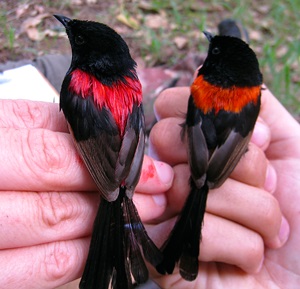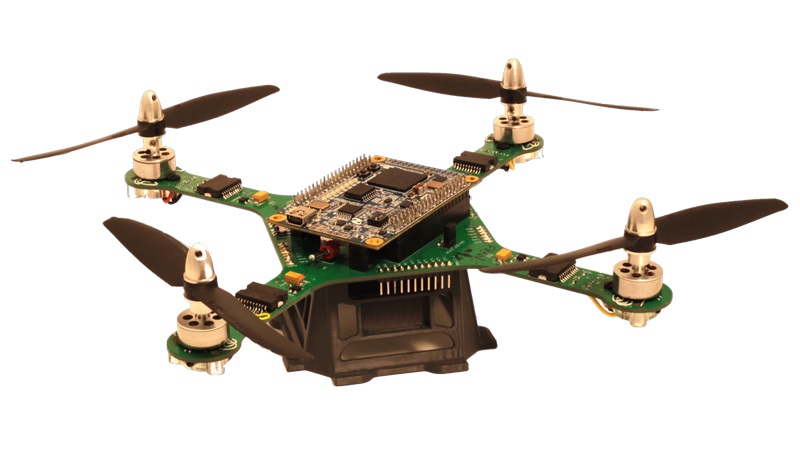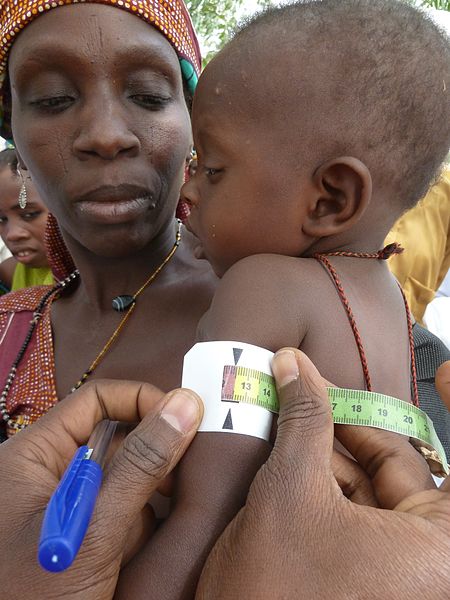Brain Cell Barcodes
Encoding cellular proteins on a barcode could help researchers learn more about mental illnesses like schizophrenia.


Encoding cellular proteins on a barcode could help researchers learn more about mental illnesses like schizophrenia.

Miniature “casinos” built specially for rats are helping researchers understand gambling addiction in humans.



Researchers have created a citizen science website called Bat Detective to get the public involved in analyzing bat calls.


The Zoobiquity project teams up physicians with veterinarians to study diseases that affect humans and other animals.




Scientists are using the science of computer vision to document climate change in the Rocky Mountains.

Elephants, unlike mammals much more similar to us, seem to instinctively understand pointing gestures.



To hit a fastball, a batter's brain has to predict when it'll come across the plate.


A tiny but rugged unmanned helicopter helps researchers collect data in the stormy North Atlantic.




Using mobile phones for medical purposes, a new frontier when we reported on it in 2008, has become a huge field.


Reading literary fiction, more so than other types of books, improves performance at gauging others' mental states.

A researcher is promoting “personal experiments” that make self-care more scientific.
